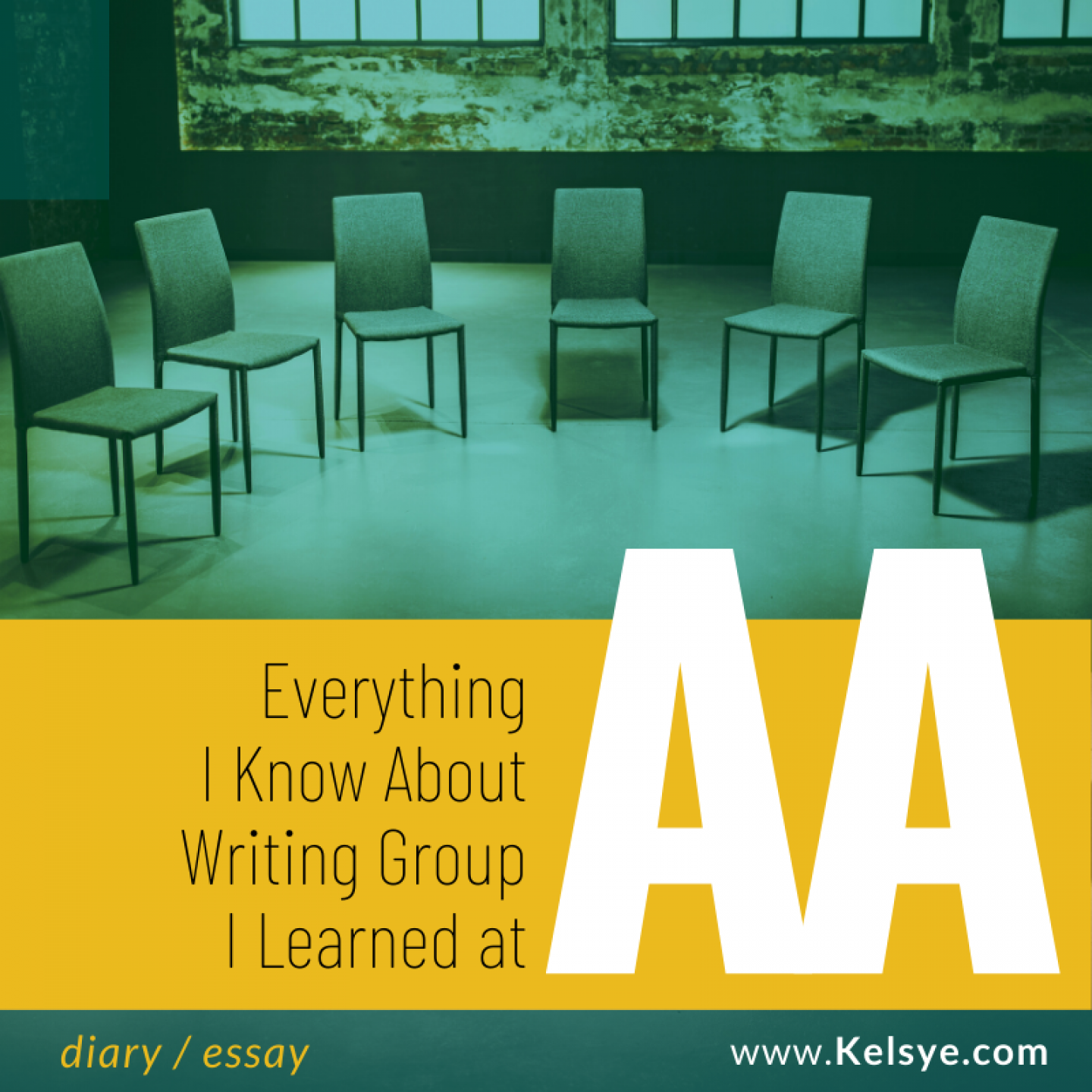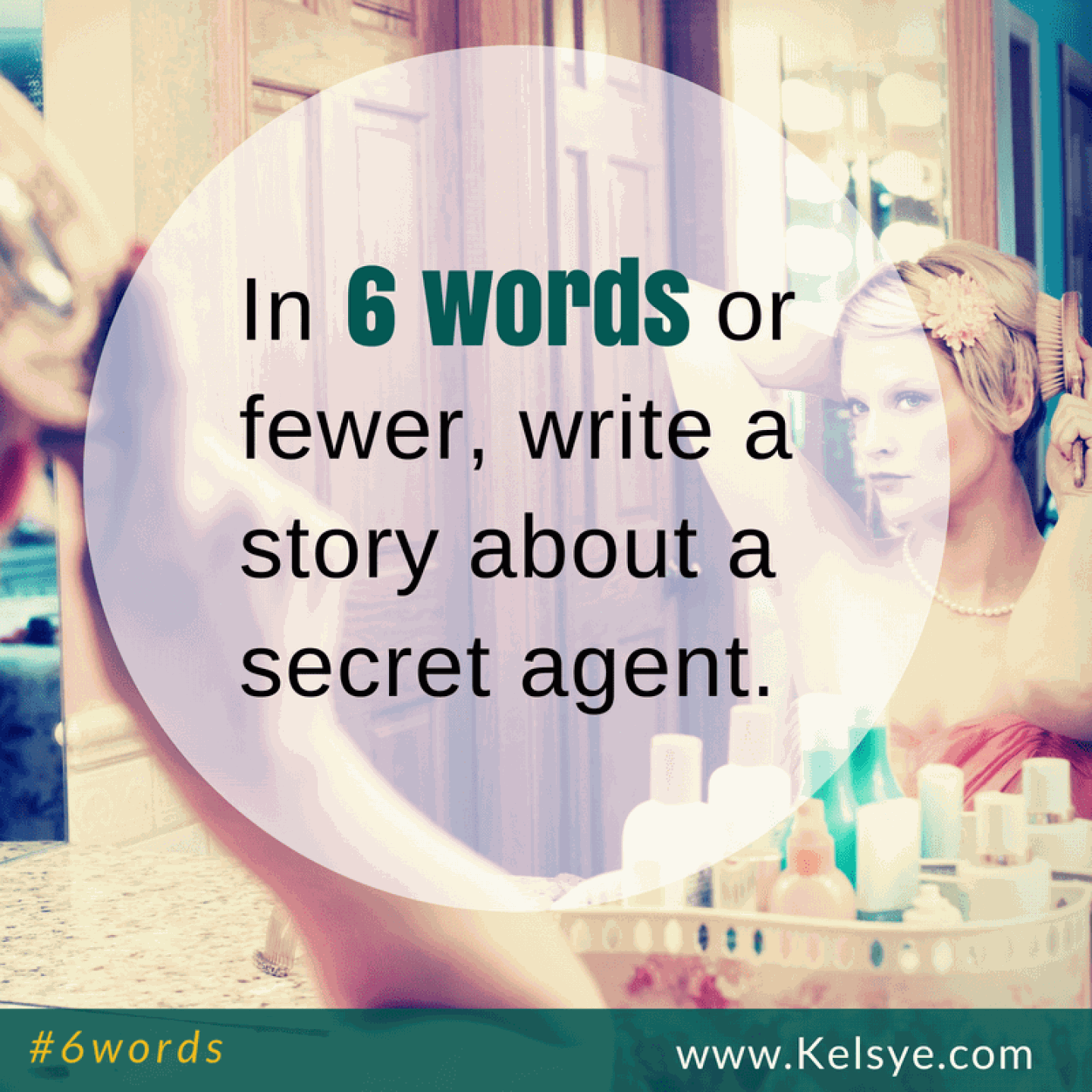
Fair and Reasonable Editing Rates
There seem to be as many editing payment structures as there are editors. Editing rates can vary wildly based on the editor’s experience and the depth of editing required. As a writer, it can be hard to know if you’re getting a fair rate. As an editor, it can be difficult to find the right balance between providing good value for your client and being paid what you deserve.
The Editorial Freelancers Association provides an extremely helpful rate card that provides a range of fees for specific editing jobs. Here are some sample rates from the EFA’s rate card:
| Editing, basic copyediting | 5–10 pgs/hr | $30–40/hr |
| Editing, heavy copyediting | 2–5 pgs/hr | $40–50/hr |
| Editing, website copyediting | $40–50/hr | |
| Editing, developmental | 1–5 pgs/hr | $45–55/hr |
Based on the above rates, basic copyediting for an 320 page novel (about 80,000 words) could cost $1,500, while a more extensive developmental edit could run $6,400.
These amounts are enough to knock the socks off many indie writers. However, when you consider the experience, value, and time given by the editor, these numbers are more than warranted. These are the average rates a professional editor may charge. One with many books under her belt and the experience required to help you produce the most professional, best book possible.
If these prices are out of your range, have no fear! There is still an editor for your project. Many factors contribute to an editor’s rate. Here are a few:
- Experience
- Education level
- Specialized training
- Genre knowledge and familiarity
- Industry connections
- Salary requirements
- Current work load
If you simply cannot pay full market rate for a well-qualified editor, you may consider working with an editor who only has a few books under her belt and is willing to take on your project at a lower rate in exchange for the experience and a future recommendation.
If you do have the budget, and you are working to publish a business or nonfiction book, or even a well-heeled novel, your best bet is to invest in a highly qualified editor. The book you put on the shelves (or on the web) is a product. If you have expectations of financial return, it’s in your best interest to create the very best product possible to satisfy the tastes of today’s discerning readership.






